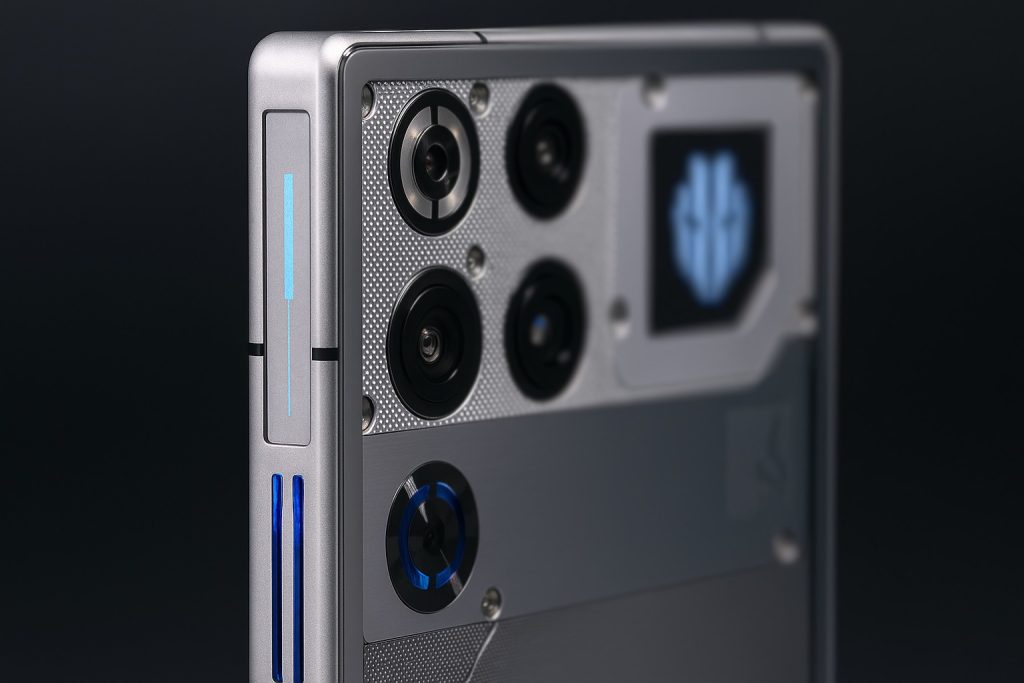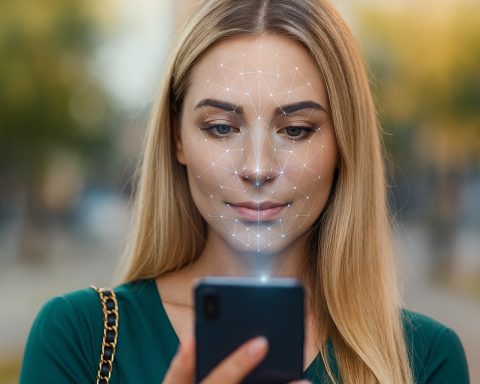
RedMagic 11 Pro: Lo smartphone da gaming che mette l’acqua nelle vene (il primo smartphone a raffreddamento liquido stupisce il mondo tech)
Introduzione Il Nubia RedMagic 11 Pro sta facendo notizia come uno smartphone che ha letteralmente il raffreddamento a liquido che scorre nelle sue vene. I gamer mobili e gli appassionati di tecnologia non hanno mai visto nulla di simile: questo nuovo top




